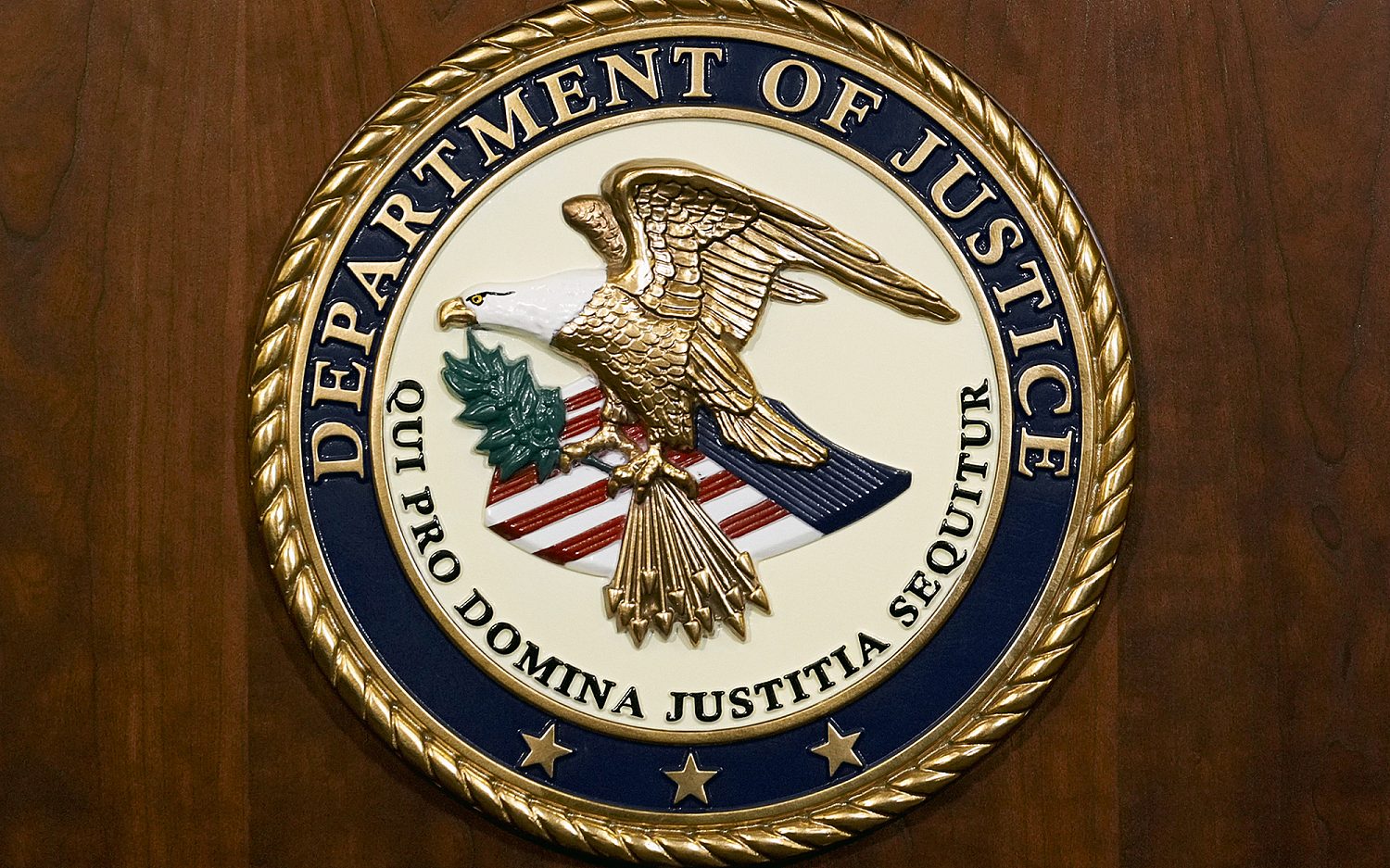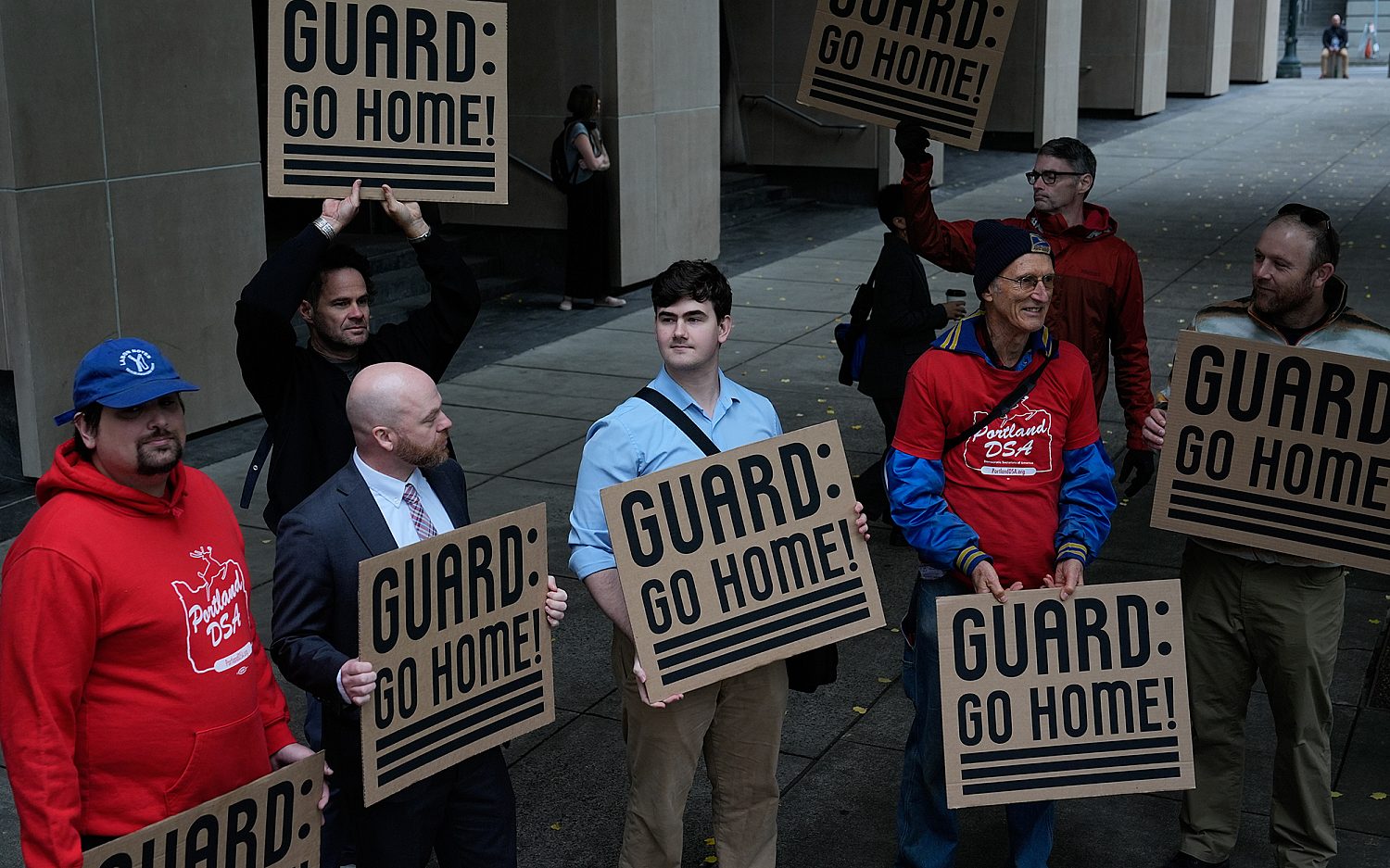Church and states
Demonstrators find refuge from the streets at a liberal Philadelphia church, but what about refuge for their souls?
PHILADELPHIA—On Day Three of the Democratic National Convention, President Barack Obama and vice presidential candidate Tim Kaine took center stage, deriding Republican presidential nominee Donald Trump and hailing Democratic candidate Hillary Clinton as the most qualified choice to run the nation.
But some of the most intriguing events continued to unfold on the streets outside the Wells Fargo Center.
At a plaza across the street from Philadelphia’s ornate City Hall, demonstrators converged for speeches, rallies, marching, and talking with crowds. The site drew supporters for former Democratic candidate Sen. Bernie Sanders (I-Vt.), anarchists, a handful of Planned Parenthood volunteers, activists from the Black Lives Matter movement, and other demonstrators from states all over the country.
Across the street, some of those activists found a temporary home at Arch Street United Methodist Church. The Gothic cathedral advertised its own leanings to passersby with a giant rainbow flag hanging high on the outside and a sign inviting activists to come in and talk about justice.
The church has become a hub for gay rights and left wing demonstrators over the years. In 2012, local activists packed the sanctuary for an Occupy Philadelphia rally. In 2013, clergy officiated a mass wedding ceremony for homosexual church members.
This week, it’s become a hub for demonstrators angry at the Democratic Party, angry at police, angry at the entire political system, or angry about having any kind of formal system at all.
Anyone who’s been on a short-term mission trip might relate to the almost camp-like feel: In the church basement, scattered air mattresses and crumpled sleeping bags litter the floor where protesters are bedding down with their small piles of belongings. In a nearby kitchen, women are making meals, though most demonstrators seem to fend for themselves with power bars and jugs of water.
A handmade sign in one section advertises the “anarchy corner.” (A nearby church bulletin board has a sign with the verse saying “God made man in his own image.” Then it asks the question: “What do you like most about yourself?)
Upstairs in the church’s 150-year-old sanctuary, members of a group called Democracy Spring practiced techniques for binding themselves together during sit-ins and other protests designed to invite arrest. (Police arrested about 50 demonstrators on the first night of the convention, but the protests have remained mostly peaceful.)
On the platform near the front of the sanctuary, it’s difficult to see the pulpit behind a blown up poster of a Time magazine cover with the 2011 person of the year: The Protester.
After talking with activists of all stripes, I found the sometimes-disparate groups had at least one thing in common: a longing for identity and community.
The activists want to define those terms for themselves, and they often come to drastically unbiblical conclusions. But it was striking to see many grasping for meaning in a church that presumably once preached a gospel message of identity in Christ and community in the church.
John Wesley, the denomination’s founder, once said, “I want the whole Christ for my Savior, the whole Bible for my book, the whole church for my fellowship and the whole world for my mission field.”
These activists will have to look elsewhere to hear that message, but it remains as true as it did when Wesley first preached those truths to another generation in need.
On Sunday, I worshiped at another downtown church that still preaches the gospel message: Tenth Presbyterian Church, where the late James Montgomery Boice served as pastor for 30 years. The rallying cry that Sunday morning focused on the centrality of the cross of Jesus Christ. The anthem for those gathered: The church’s one foundation is Jesus Christ her Lord.
Indeed, as political turmoil unfolded in both parties, here was true refuge: Joy in praising God, wisdom in hearing His Word, relief in confessing sin and trusting in Christ, and ultimate meaning in seeking a Kingdom that will never fail.
An actual newsletter worth subscribing to instead of just a collection of links. —Adam
Sign up to receive The Sift email newsletter each weekday morning for the latest headlines from WORLD’s breaking news team.





Please wait while we load the latest comments...
Comments
Please register, subscribe, or log in to comment on this article.